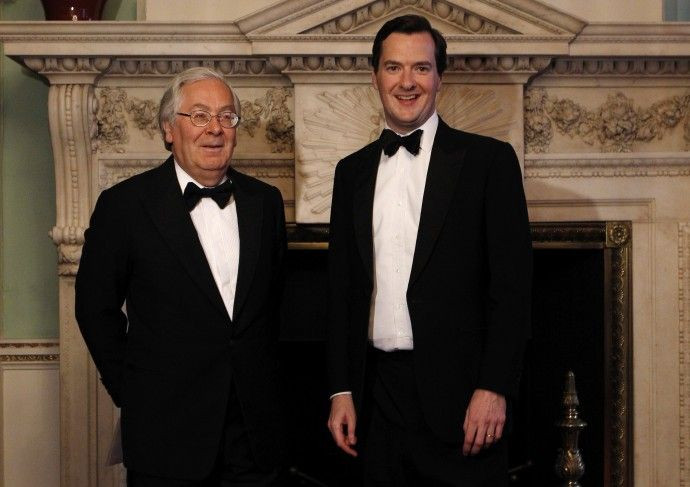BoE panel still split three ways over monetary policy

Members of Bank of England's (BoE) policy panel continue to be split three ways over new policies to contain inflation and spur economic growth, according to the minutes released by the Monetary Policy Committee on Wednesday.
The minutes of the meeting on 3rd and 4th December, in which the BoE decided to continue to maintain the bank rate and the asset purchase program in its current state, were released on Wednesday.
Seven of the nine members of the committee stuck to their view that both the bank rate and the asset purchase should be maintained in its present condition. Two other members, Adam Posen and Andrew Sentance, continued to oppose the view.
Posen continues to believe that a further expansion in the Committee's program of asset purchase is necessary to prevent further inflation undershooting the 2 percent target in the medium term.
...recent inflation outturns could be explained by the various price level shocks that had occurred and contained little news about inflation in the medium term, the report said, stating views of Posen.
He expects consumption growth to likely low, partly due to the impact on fiscal consolidation.
It was likely that there was a significant margin of spare capacity and that this would persist for some time. In this member's view, that would probably act to push inflation well below target in the medium term in the absence of further measures to stimulate demand, the report said.
Another member continued to take the view that it was appropriate to begin to withdraw some of the exceptional monetary stimulus that had been provided by raising bank rate to 0.5 percent alongside the Committee's program of asset purchases, the minutes said of Sentence's view.
Recent economic developments such as a rise in commodity prices justified a gradual withdrawal of monetary stimulus, which would also help to reinforce the expectation that inflation would fall back to target.
Fighting the high inflation rate has been the BoE's main concern over the last few months.
Inflation was 3.3 percent in November, remaining above the 2 percent threshold for the eighth month in a row, mainly spurred by higher food prices. Meat prices saw the steepest hike in 5 years, as higher feed costs led to higher costs of production.
A survey by the BoE released last week stated that more Britons expect 2011 to be more expensive.
Poultry prices are expected to shoot up over the next few months. Wheat and corn prices have been rising on speculation that the U.S. government could pass a tax credit for corn-based ethanol production, putting pressure of poultry farmers.
A separate report on U.K.'s economic growth showed that the third quarter saw a weaker performance than originally announced, and the estimate was revised down to 0.7 percent growth, from the previous 0.8 percent.
The GDP report will cause further concern if the U.K. economic recovery is indeed slowing down.
© Copyright IBTimes 2024. All rights reserved.





















